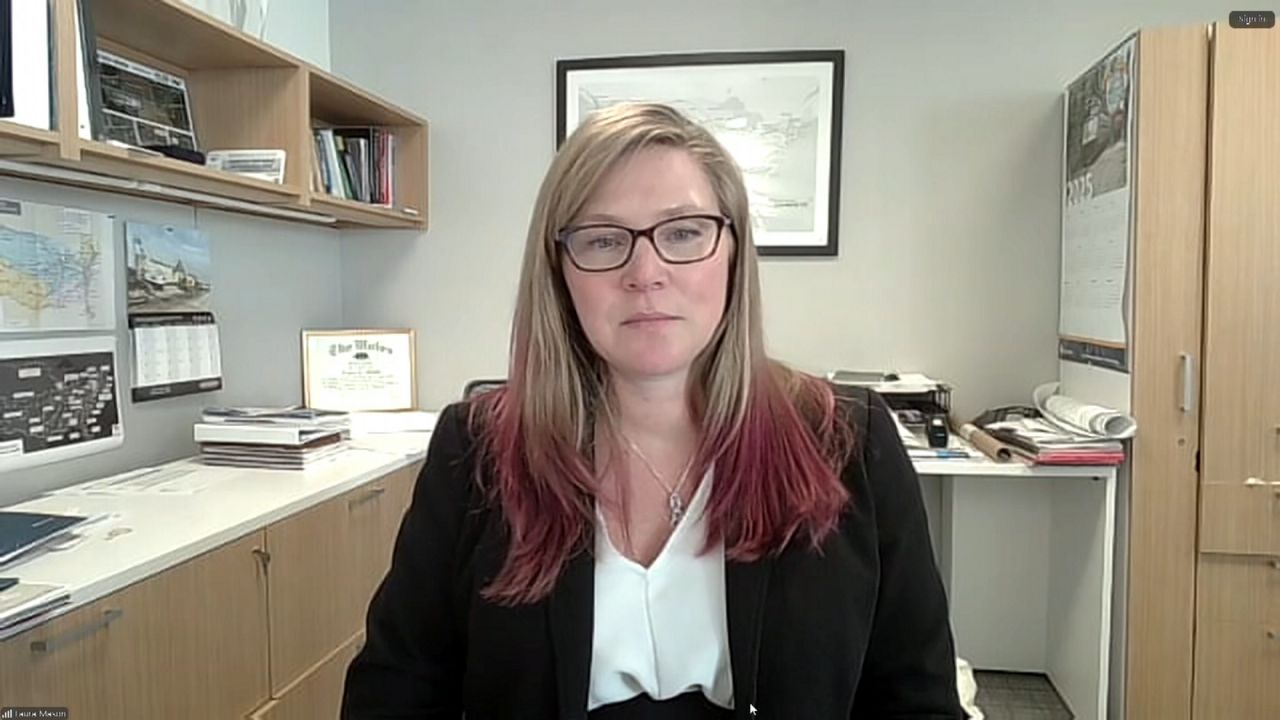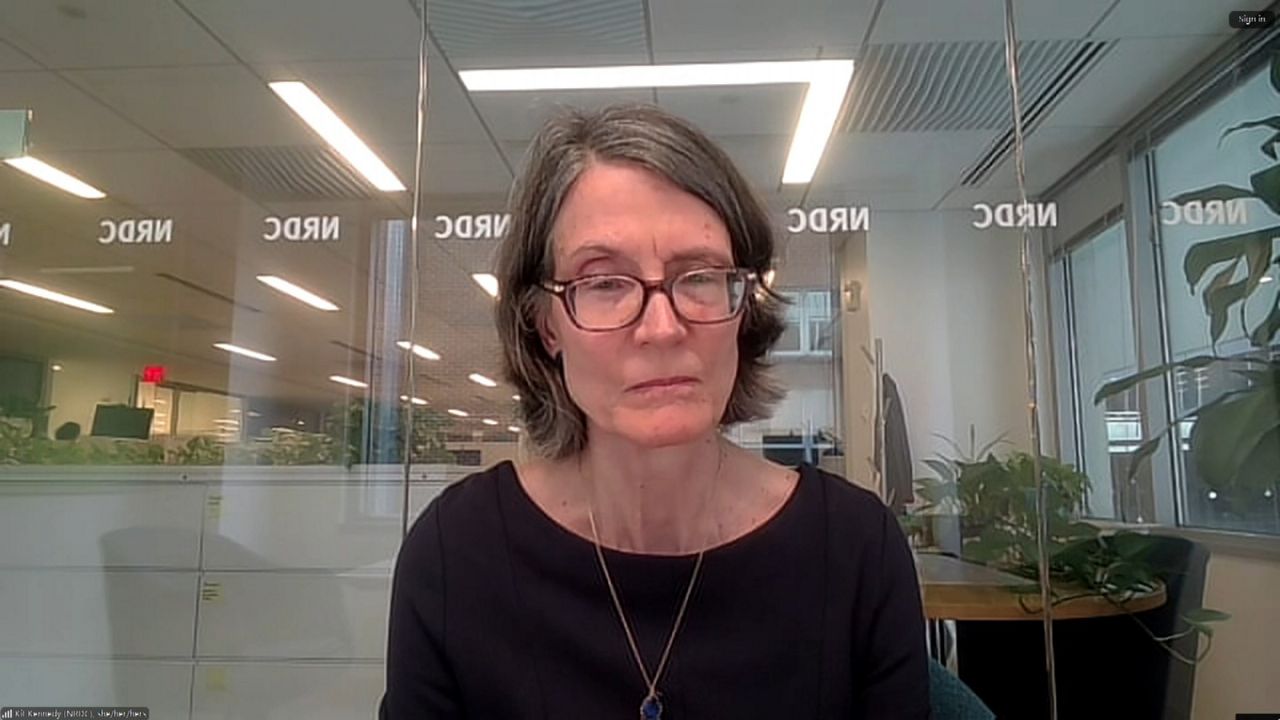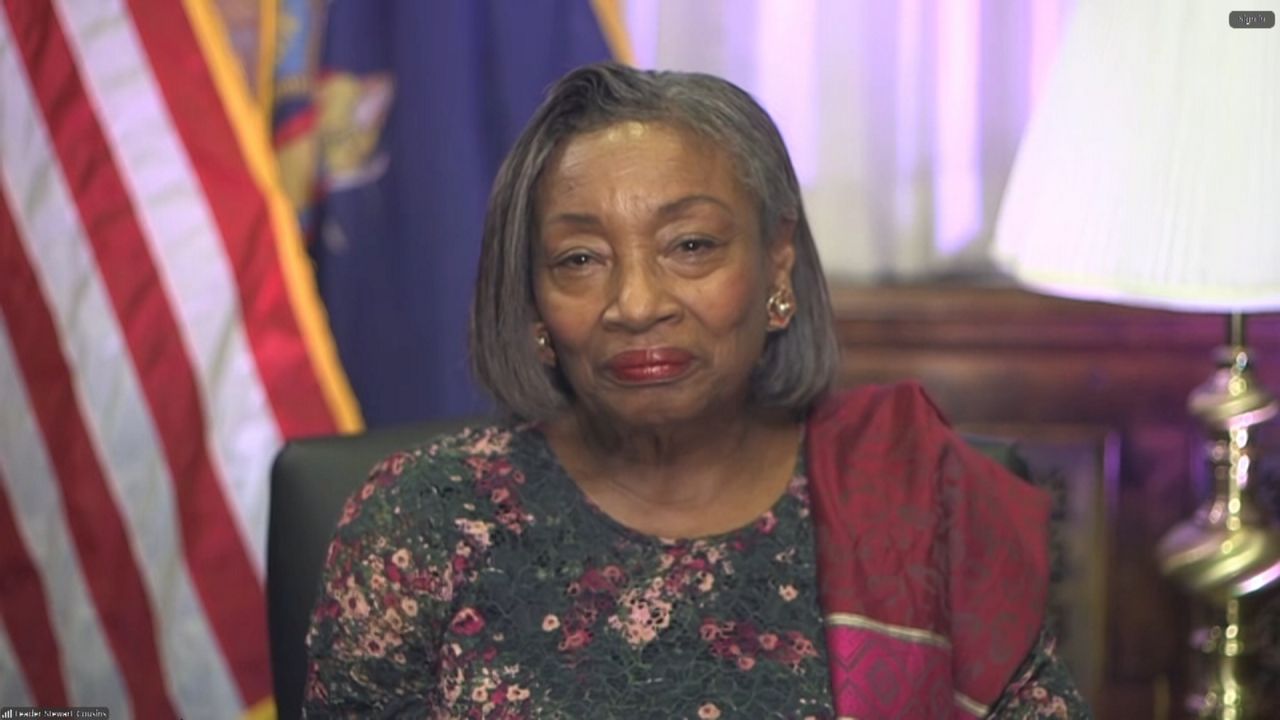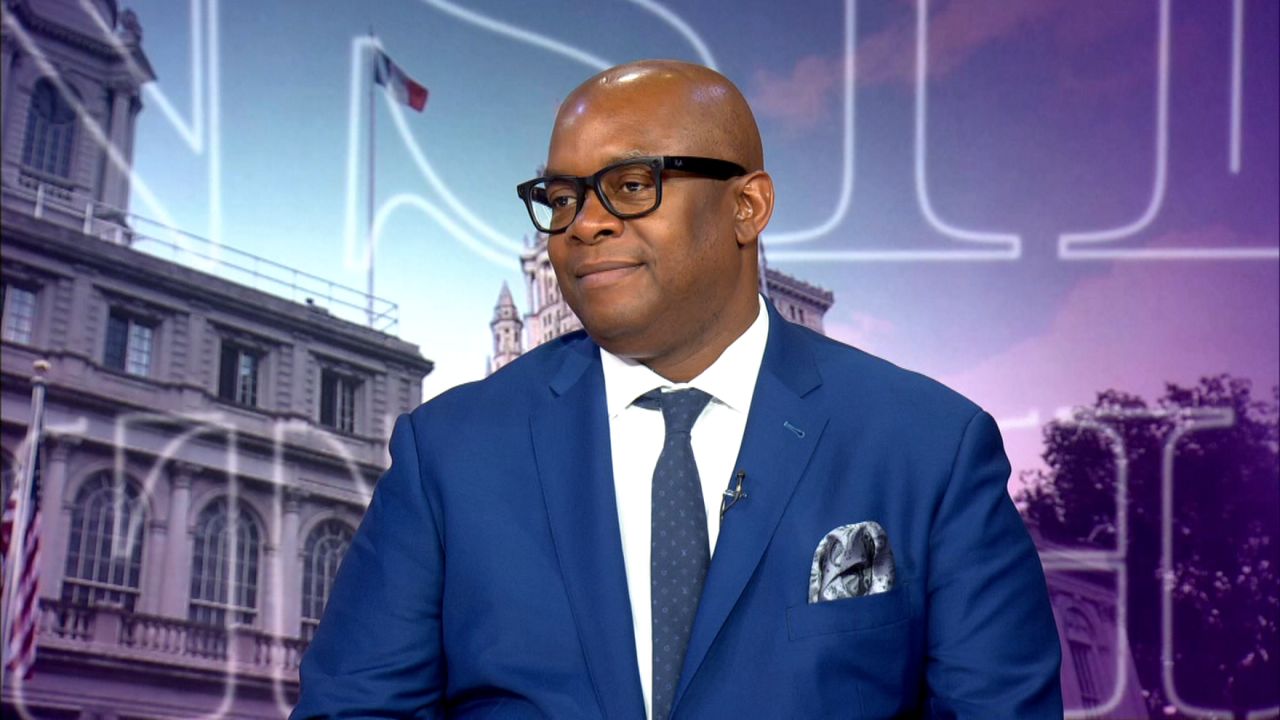Damian Williams, the U.S. Attorney for the Southern District of New York, said his office worked with a number of agencies to bring the New York City Housing Authority cases to light.
“This kind of case with 70 defendants takes an extraordinary amount of resources, and so you kind of see the extraordinary lineup of law enforcement agencies,” he told NY1 political anchor Errol Louis on “Inside City Hall” in his first television interview. “It takes that kind of partnership to bring this number of defendants to justice.”
On Tuesday, 70 current and former NYCHA employees were charged with demanding bribes in exchange for awarding contracts for construction and repair work at their buildings.
The employees allegedly demanded more than $2 million in bribes from contractors in exchange for awarding more than $13 million in contracts for work at dozens of NYCHA buildings. Williams said this showed this was “effectively endemic with NYCHA.”
One hundred out of 335 NYCHA buildings were affected by these cases, he said.
Williams emphasized this was the largest bribery takedown in the history of the Justice Department.
“We were trying to send a message, trying to make sure that we’re rooting out corruption in NYCHA,” he said. “This kind of conduct is intolerable and really a stain on the city.”
According to Williams, his office worked with NYCHA leadership to ensure they had enough resources to continue their daily work in an effort to make sure residents do not see any decrease in services.
Even though they already have dozens of defendants for the case, he said they are still investigating.
“We never think that we, you know, have gotten to the bottom of it until the very last possible moment, when we’re going to trial,” he said. “That’s when we go pencils down, but not until then.”
Williams said his office doesn’t communicate with the White House or take orders about cases. He said most of the discretion with their work is solely theirs.
“We want to send a message with the cases that we bring to be targeted, to send a deterrent message and to make sure there’s less crime as a result of our actions,” he said. “But that requires some hard choices, and we make those choices every single day.”









